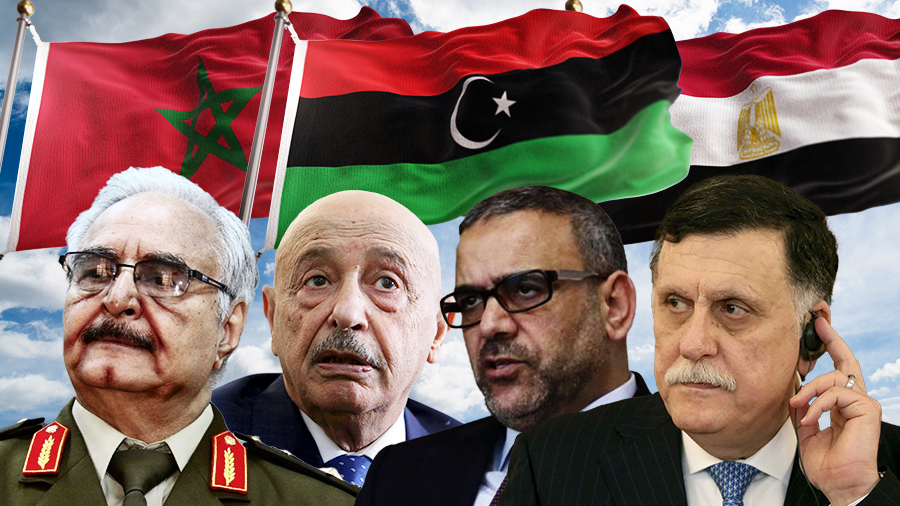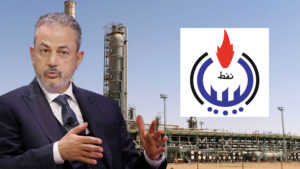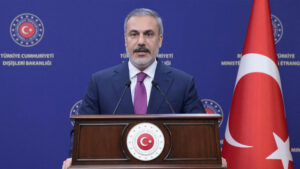September was a very busy month for Libyan political parties on both sides: the UN-recognized Government of National Accord (GNA) and the parallel entities loyal to Khalifa Haftar; the House of Representatives in Tobruk.
The political wake-up of the Libyan parties came after over 14 months of violent and bloody war that started when warlord Khalifa Haftar waged an offensive on Tripoli in a quest to the capital and seize power from the GNA.
Politics was also revived after the recent announcement by the Head of the GNA Fayez Al-Sarraj and House of Representatives’ Speaker of a ceasefire across the country, in addition to efforts by the member of the Presidential Council Ahmed Maiteeq to strike a deal with Haftar for reopening oil, which has taken effect since late September.
Bouznika: Crux Point: Sovereignty
Dubbed the “Libyan Dialogue,” the talks that opened early in September brought together five members of the Tripoli-based Government of National Accord (GNA) and five from a parliament headquartered in the eastern city of Tobruk and supportive of warlord Haftar.
Libyan talks in Morocco between the High Council of State of the Government of National Accord and the Tobruk-based House of Representatives have led to agreement on the need for compromise as the first round locked off.
The Libyan Dialogue came after the two sides announced a ceasefire in August. Meanwhile, the Libyan parties had agreed to work to eradicate corruption and the abuse of public funds in the country and to end its institutional divisions.
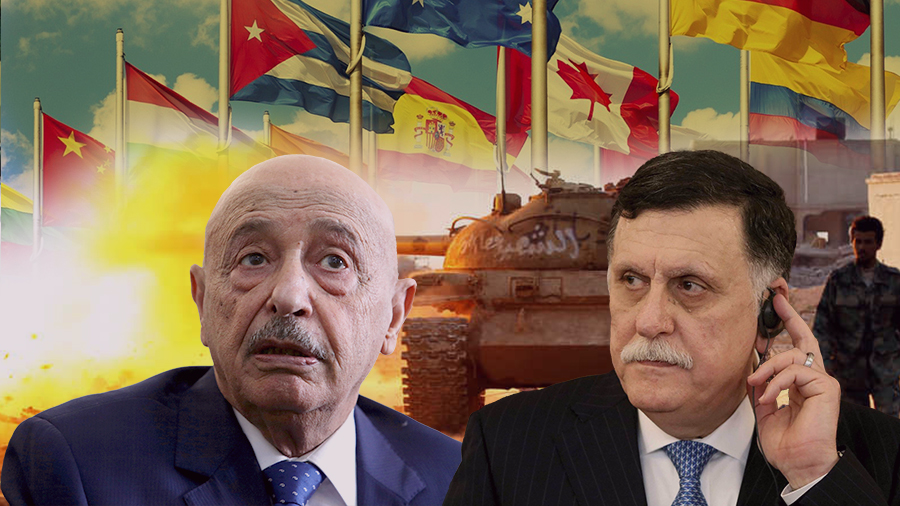
They had made “important compromises,” it said, without giving any specifics and hoped to secure positive and concrete results that will clear the way to achieve the process of a comprehensive political settlement.
Abdessalam Al-Safraoui, heading the High Council of State’s delegation from Tripoli, said that the dialogue in the coastal town of Bouznika, south of Rabat, was focused on appointments at the top of Libya’s key and sovereign institutions.
Second Round off to a Shaky Start
The spokesman for the Libyan High Council of State (HCS) Mohammed Abdelnasser said late in September that the Libyan Dialogue’s second round was postponed indefinitely.
Yet on October 02, the Libyan Dialogue’s second round between the delegations of the House of Representatives and the High Council of State kicked off after being delayed three times over the last month.
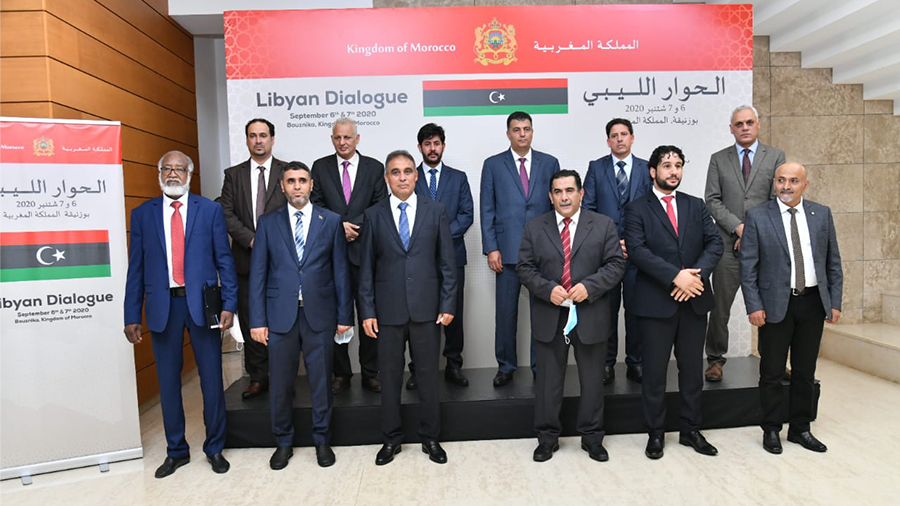
According to Maghreb Arabe Presse, the Libyan parties met Friday evening as part of the second rounds of the Libyan Dialogue that was hosted by Bouzinka, Morocco, under the auspices of the UNSMIL.
The delegation of the House of Representatives of Tobruk was headed by Yousef Al-Agouri and the delegation of the High Council of State of Tripoli was headed by Fawzi Oqab.
In this second round, the two sides agreed to continue the dialogue and to resume their meetings in order to complete the necessary measures that guarantee the application and activation of their agreements.
Egypt’s Hurghada Talks: Pondering Military Roles
Egypt’s Hurghada hosted Libyan parties – loyal to the GNA and warlord Haftar – for talks on different vital issues of conflict in an effort to bring their viewpoints and demands to a command ground, according to reports by the United Nations.
The UN Support Mission in Libya (UNSMIL) said delegations representing the Government of National Accord and Khalifa Haftar’s militias as well as comprising police and military officers, concluded two days of security and military talks, facilitated by UNSMIL, in the city of Hurghada, Egypt.
UNSMIL said in a statement that discussions were marked by a spirit of responsibility, transparency and mutual trust as they addressed a number of pressing security and military issues.
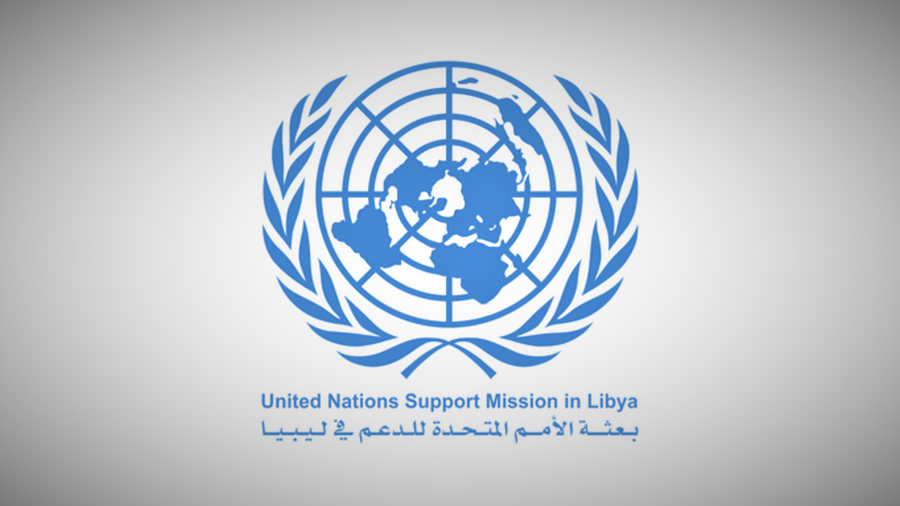
It added that they included confidence-building measures; security arrangements in an area to be defined at a later stage within the framework of the 5+5 Joint Military Committee (JMC) talks; in addition to tasks and responsibilities of the Petroleum Facilities Guard (PFG).
“Both delegations concluded their deliberations with a set of recommendations to be presented to the 5+5 JMC.” UNSMIL added.
UNSMIL said the Libyan delegations agreed to swiftly resume face-to-face meetings of the 5+5 JMC, starting next week, immediately release all those detained on account of their identity and without pre-conditions or restrictions; take immediate measures to exchange, before the end of October, all those detained during military operations through the formation of specialized committees from the relevant parties.
The UN Mission indicated that the two parties agreed to halt all hate speech campaigns, replace the narrative of hatred and incitement with a discourse of tolerance and reconciliation, and reject violence and terrorism.
The delegations also agreed to expedite the reopening of air traffic and land transportation lines across all Libyan cities to ensure freedom of movement for all citizens.
“Participants reviewed the security arrangements, which will be determined at a later stage within the framework of the 5+5 Joint Military Committee (JMC) talks and agreed to refer the PFG tasks and responsibilities to the 5+5 JMC and request that it prioritizes this issue, provide a comprehensive assessment of the situation and take the measures required to ensure regular oil and gas production and export.” UNSMIL remarked.
Morocco: From Skhirat to Bouznika
Following the first round of talks, Libya’s High Council of State and the Tobruk Parliament issued a joint statement describing the success of the dialogue and thanking Morocco and King Mohammed VI for the initiative.
They stressed that Morocco’s assistance will help them overcome the crisis and work towards meeting the Libyan people’s hopes for a peaceful, secure, and stable democracy.
The international community, including the EU, the Arab League, and the UN, were among several international players to commend Morocco’s facilitation of the inter-Libyan dialogue and its efforts to help reach a solution to the Libyan crisis, under the auspices of the UN.
Several members of the UN Security Council, including five current and incoming European members of the Council, namely Belgium, Estonia, France, Germany and Ireland, welcomed the outcome of the Bouznika inter-Libyan dialogue, considering it a “positive step” towards the rapid resumption of the political process and a way out of the crisis in Libya.
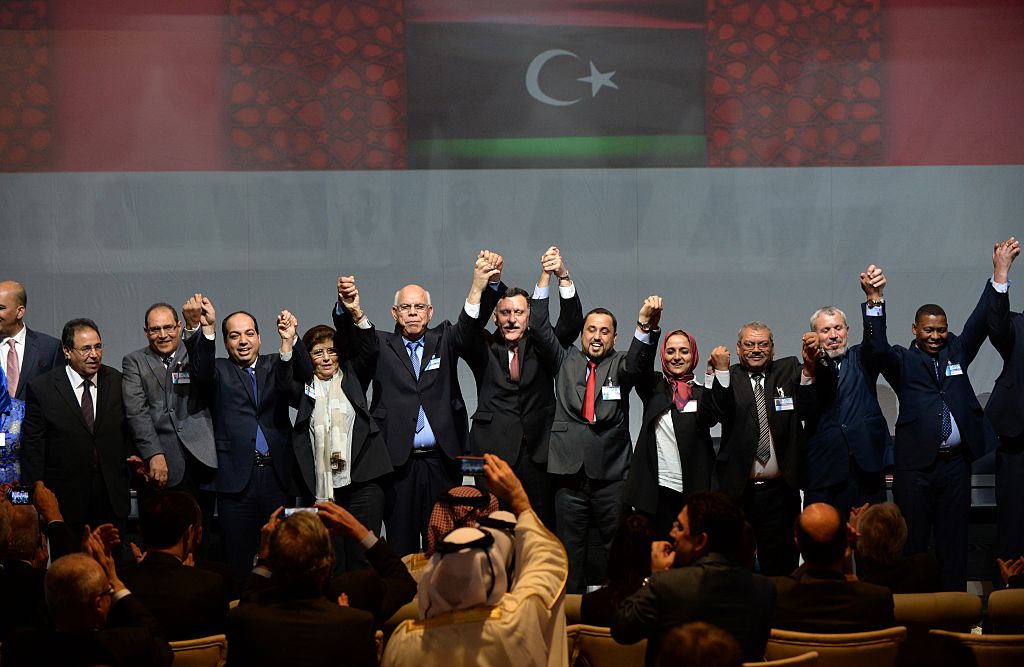
This new initiative by Morocco comes five years after its first successful Skhirat dialogue, which saw the birth of the GNA and its entities.
Is the Solution Imminent?
Amid the ongoing political upheaval in Libya, no one can surmise what the results of the UN-led peace process will be as Libyans are now suffering from shortages in almost all of the services they need on a daily basis: water, fuel, electricity, cash at the banks and so on.
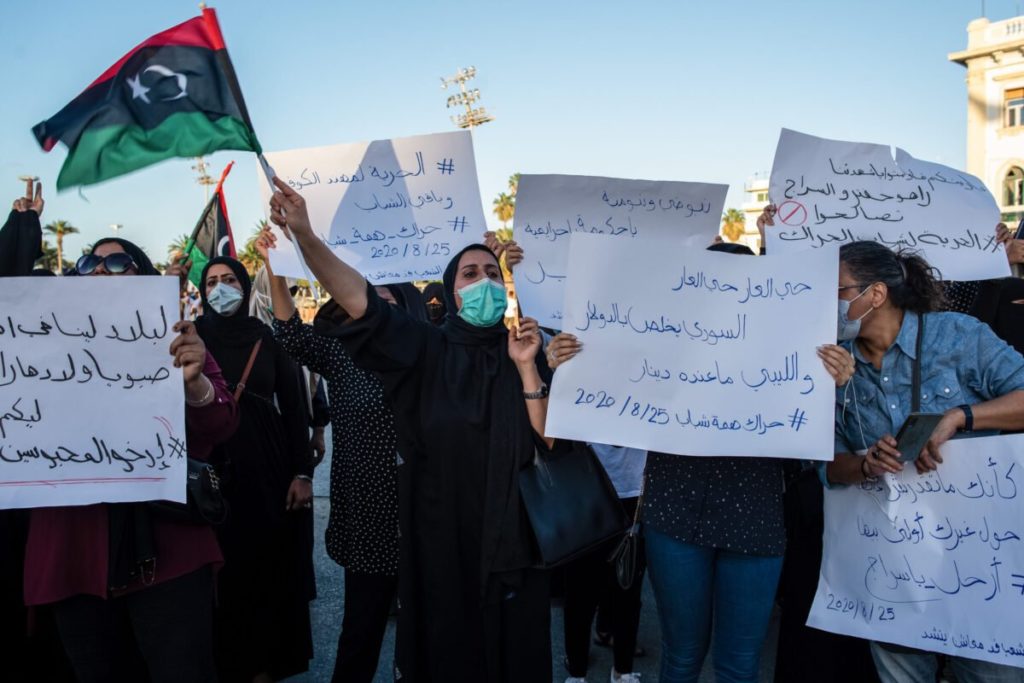
The solution must be one of a great consensus among Libyans and one that can immediately relate to the needs of the Libyan people, who care more about their living condition than the political structure of their country; at least now more than ever!

